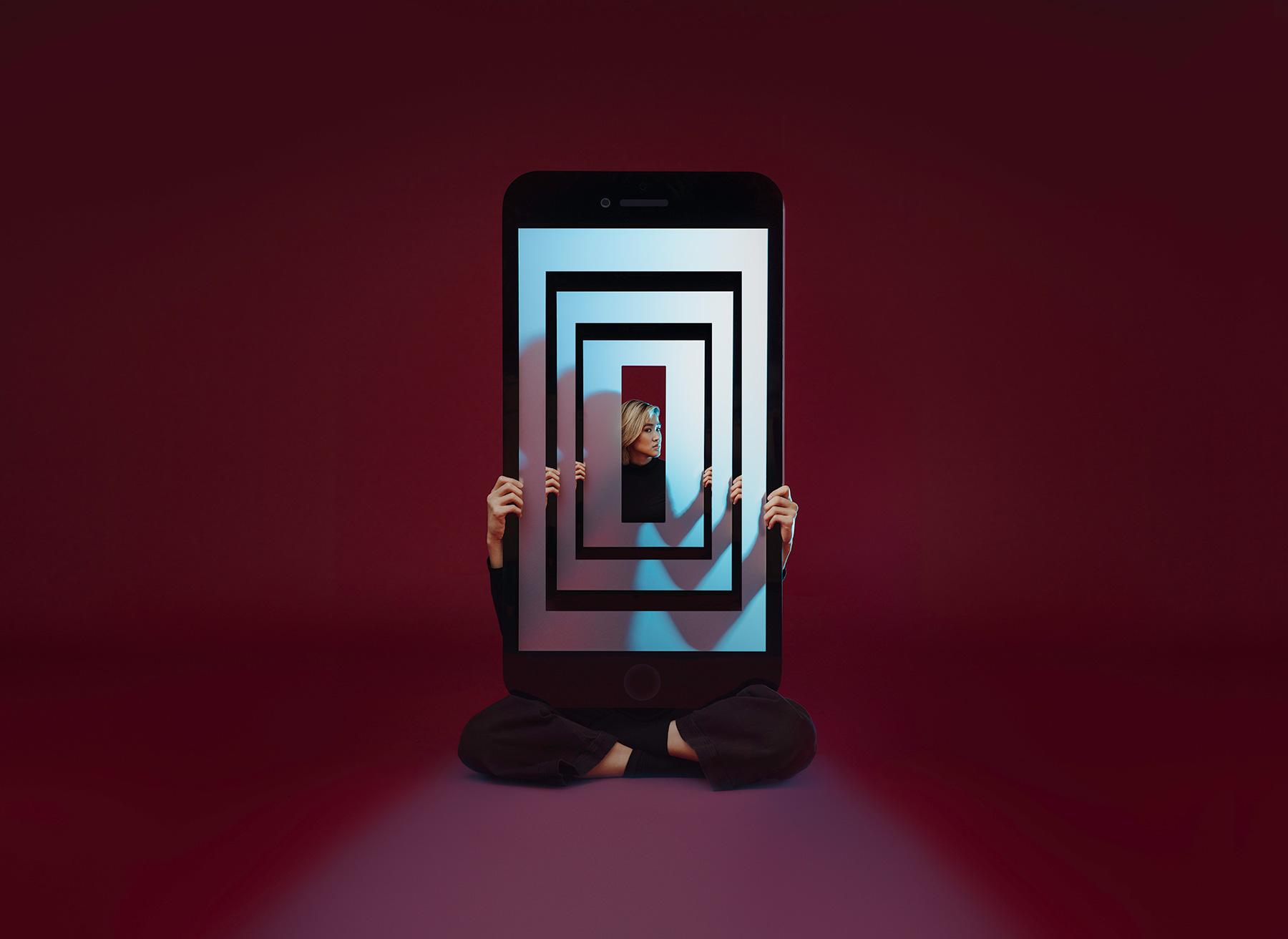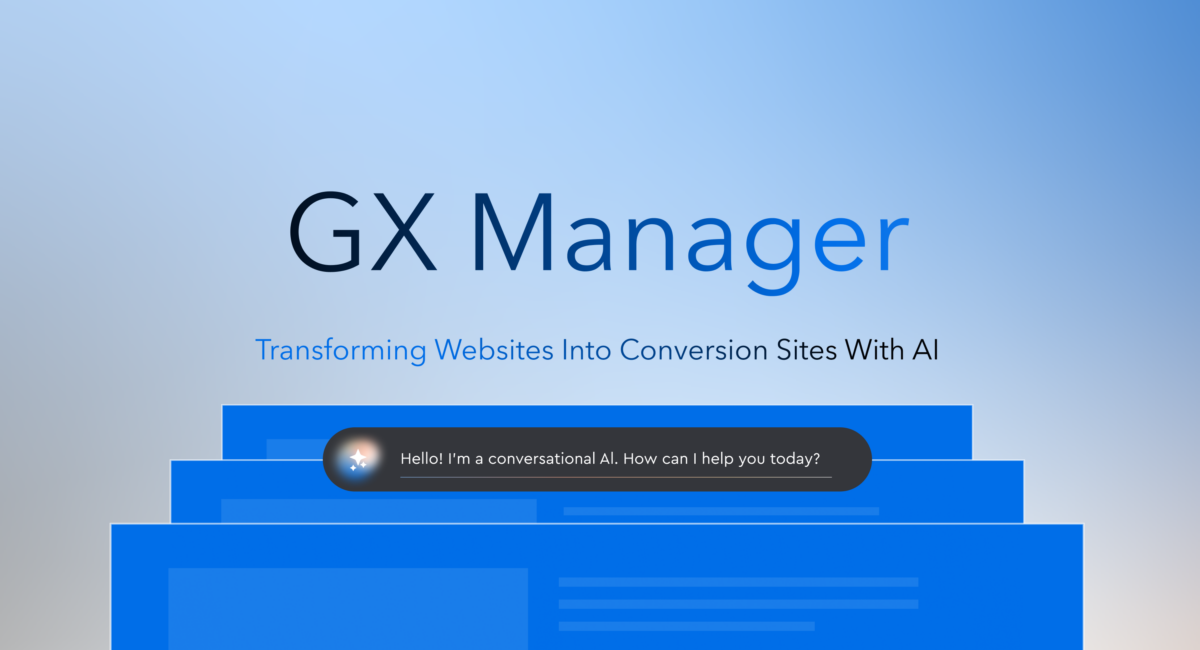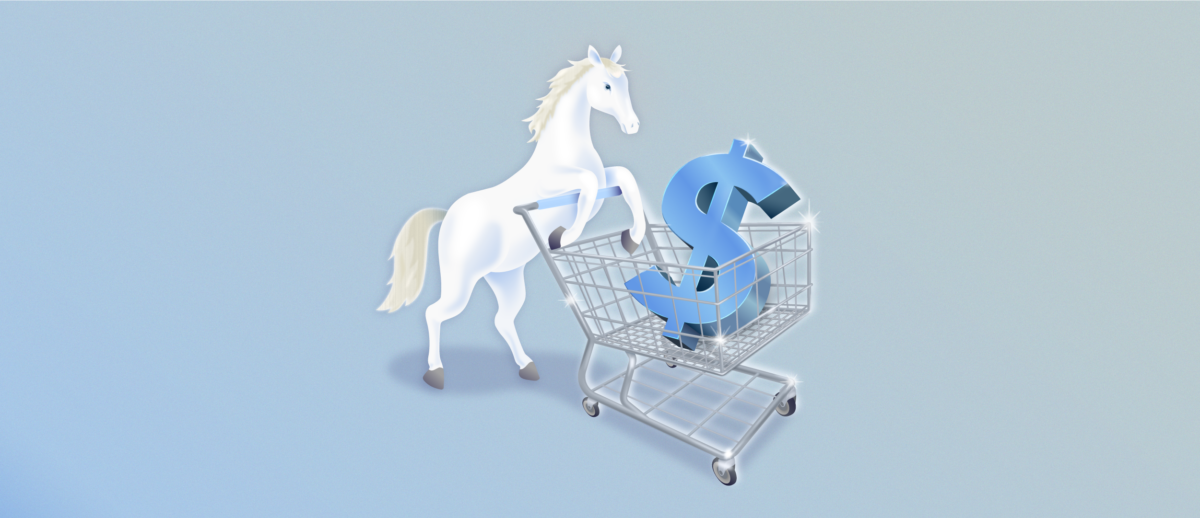How often do you sit down to complete a task, only to get distracted by myriad interruptions pulling you in different directions? A work email pops up on your screen, taking you off course for the next hour, you decide to check Twitter on your lunch break and get embroiled in a political debate, or maybe you pause to watch a video of your daughter building a rocket ship with Magna-Tiles. Just when you’re finally ready to return to your assignment, you see a news alert warning that a galactic collision may end the Milky Way in its current form a few billion years earlier than planned.
And that, of course, sends you down a black hole to learn more about black holes, among other astrophysical matters.
Like a black hole, the internet’s gravitational force can be so powerful that even the strongest-willed among us get pulled in, unable to free ourselves from its seductive grip.
It may feel like we have no choice but to get sucked into the cosmic vacuum, but the truth is, we’ve never had more power to bend the black hole to our will to suit our demands and desires. As long as we can recalibrate how we comprehend time.
In the beginning of human civilization, we were time-rich and resource-scarce. Any and all information – gossip included – was relevant in small tribes. There was no such thing as “too much information.”
But we’ve evolved into a society that is just the opposite. Technology is accelerating the pace of change faster than we can keep up with it, overwhelming us with irrelevant data, endless research without context, all-access passes to other people’s lives.
Much of the developed world today is resource-rich and time-scarce, and that scarcity has become increasingly amplified. In short, the information age has delivered too much information. The rise of ubiquitous technology isn’t just overwhelming us with noise and diluting meaningful content – it’s also manipulating how we experience time itself.
Sitting in a waiting room at the doctor’s office or standing in a long line at the Department of Motor Vehicles used to be a dreadful slog. An hour could easily feel like three. Today, a two-hour line may feel like five minutes, thanks to the smartphone in your pocket. The simple formulas we’ve long relied on to calculate the cost-benefit trade-offs related to our time spent and expected advantages are out of date and out of whack.
The good news is, as the late physicist Stephen Hawking once said, “If you feel you are in a black hole, don’t give up. There’s a way out.”
Especially for those of us who identify as storytellers, it starts with being intentional and deliberate about the content we consume and create. Time may be moving ever faster, but what defines good content hasn’t changed. The bar is higher, but the key ingredients are the same: wonder, wisdom and delight. Good stories quench our desire for those everyday superhero tales that inspire us to strive for more, the useful knowledge that makes us better at what we do, and the anecdotes that surprise and entertain us.
In a world with less and less time, these tenets still hold true, but what has changed for individuals and organizations alike is our ability to focus on adhering to them.
Time is our most valuable commodity: currency we can never regain after spending it. It’s more important than ever to spend it wisely, cultivating rich, meaningful, intentional experiences.
So, if you find you’re slipping into a black hole, first ask yourself, “What’s worth my time?”






